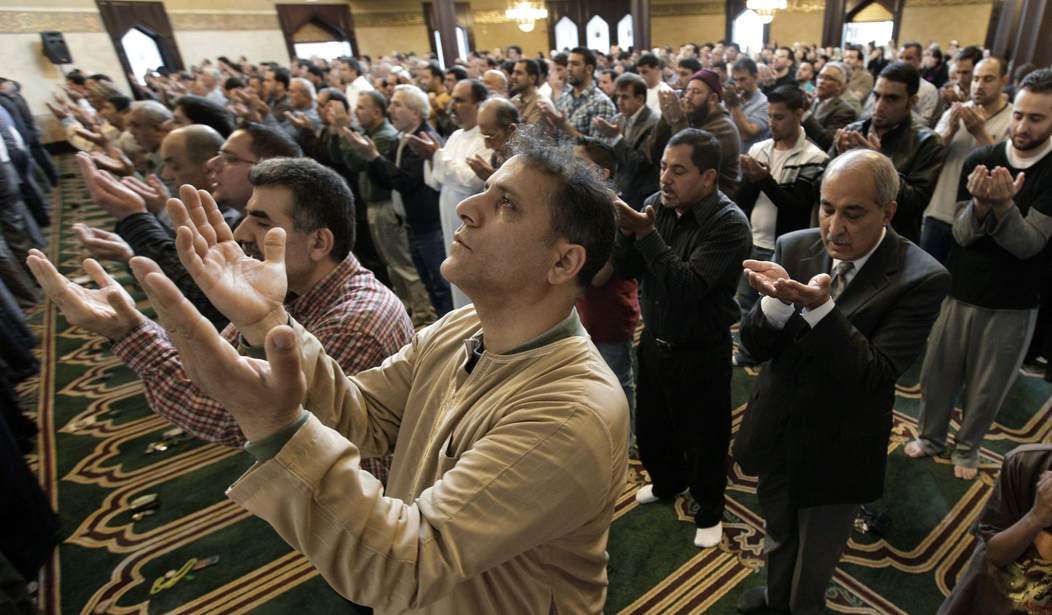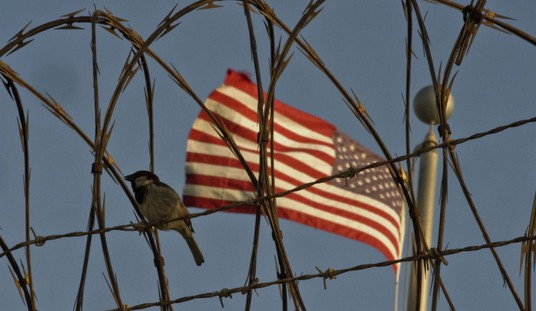A research study probing the relationship between Internet search data at the community level for anti-Muslim subjects and pro-ISIS content found that Muslim Americans living in towns with a higher degree of prejudice were more likely to seek out ISIS.
Sociologists and statisticians at Duke University and the University of California at Berkeley also found that “compared to many regions of Europe that have high levels of radicalization and ethnic homogeneity, it is possible that the ethnic diversity of the United States is protective against radicalization because communities are less prone to organize along binary identity categories that pit a unified ‘us’ against an alien ‘them.'”
“It is further possible that ethnically diverse communities experience less radicalization because positive intergroup contact reduces the prevalence of ethnic discrimination in turn,” authors Christopher A. Bail, Friedolin Merhout and Peng Ding wrote in the study published in Science Advances.
They combed through search engine data from August 2014 to July 2016 in 3,099 U.S. counties, looking for anti-Muslim terms such as “Muslims are evil” and pro-ISIS phrases such as “how to join ISIS,” noting that “previous studies indicate that the relative anonymity of the Internet provides a refuge to those who hold prejudiced or extreme views.”
They also gathered data from the U.S. Census, the American Community Survey, and the U.S. Religion Census to “construct 13 county-level variables that measure the socioeconomic and demographic factors discussed above that contribute to intergroup prejudice, as well as other indicators associated with radicalization at the community level by previous studies,” including measures of “population size, population density, poverty, unemployment, and high school completion rates, per capita welfare spending, nonviolent crime rate, and ethnic homogeneity, as well as the percentage of people in each county who are Muslim, unmarried males, adolescents, and born outside the United States.”
Their conclusion has roots in “group threat theory,” the researchers said, which posits that prejudice results from a perceived threat between majority and minority groups.
“Majority groups often develop stereotypes about minority groups based on observation of a small group of deviants among them — particularly in settings where positive interpersonal contact between majority and minority groups is rare. Minority groups that experience discrimination from majority groups often feel threatened in turn because they view this prejudice as irrational or unjustified,” they wrote. “…To our knowledge, this theory has not been invoked to study radicalization, or the process through which violent extremist organizations gain support.”
The study authors noted that they can’t determine “how many people who type ‘How to join ISIS’ into Internet search engines actually participate in violent extremism,” as “these individuals might include intelligence officials, law enforcement officers, investigative journalists, or even anti-Muslim activists themselves.”
“Another significant limitation of our study is that recent studies indicate that many ISIS recruits are approached via social media or instant messaging applications, which we do not study here,” they added.
“Despite these limitations, this study has important implications for the study of terrorism, ethnic discrimination, and intergroup relations. Although the process of radicalization undoubtedly involves multiple factors, ours is the first study to present empirical evidence of an association between ethnic discrimination and radicalization at the community level.”
The study argued that “although elected officials routinely promote counterterrorism policies that target Muslims more than other groups, our findings indicate that these policies may make communities more vulnerable to radicalization if they are interpreted as discriminatory or unfair.”
“Moreover, our analyses indicate that restrictions on immigration and refugee resettlement may accelerate the cyclical relationship between ethnic discrimination and radicalization, since ethnic diversity appears to mitigate the association between ethnic discrimination and radicalization — at least insofar as it can be analyzed via Internet search data,” the authors added.








Join the conversation as a VIP Member